
Only a few years ago, the idea of building iOS and Android apps, without having to write code in Java and Objective C seemed appealing to many devs. At the crossroads of user experience and ease of development is the hybrid mobile app—an app built with technology many developers already know (like JavaScript, or HTML5 and CSS) that’s wrapped in a container allowing it to run natively on a device. Though there is always ongoing debate between hybrid and native mobile app framework development, the effectiveness of HTML5 is hard to deny, and with the same reason, the hybrid mobile app development is gaining all sorts of praise.
The total count of mobile applications has exceeded 2.2 million for Google Play Store and 2 million apps for Apple App Store, among which hybrid frameworks have formed a greater part. Let us take a look at leading exceptional frameworks that help developers create hybrid cross platform apps, quickly.
Ionic is more renowned than its counterparts because it is available for free, whereas the competitors of Ionic are available in paid versions. The framework is quite scalable and has been developed with clean and easy markups. Ionic is also packed with the optimized mobile library of HTML, CSS, and JavaScript components that add more to the robustness of this framework. The frequent updates to the framework keep it updated for the developers to use. Ionic includes HTML5 and is an open-source framework. More to this, it has got Front-desk SDK that allows developers to create beautiful designs and enhance the app quality.
Another highly popular framework, Appcelerator Titanium focuses on creating compiled hybrid apps. The framework uses JavaScript to compile into compatible platforms, such as iOS, Android, BlackBerry, and more. It also integrates a Model View Controller (MVC) framework, which many website developers will be familiar with. Titanium includes mobile test automation and 60-90% code reuse across device platforms.
Onsen UI is an open source framework that allows developers to build apps by combining native-looking components. It’s fairly simple to use, can work with or without AngularJS, and has great documentation that includes lots of examples and layouts for the most common app structures. It comes with jQuery feature that end the frustration of lack of native-like performance. The brilliant performance of Onsen UI help in delivering phenomenal user experience on myriad of devices and platforms.
Framework 7 is much more accepted than the other frameworks in the similar category like Ionic, Onsen UI. Framework 7 is now renowned as one of the best frameworks for iOS hybrid apps development that offers a set of rich features. Developers like working with this framework as it helps them include the effectivity of HTML, CSS, and JavaScript when building feature-rich applications. The icing on the cake is that Framework 7 is close to the native iOS apps and includes features like swipe back, native scrolling, high-performance animation, etc. The best thing about working with Framework 7 is that it offers a number of ready to use UI elements like side panels, modals, and more.
Mobile Angular UI framework allows building robust and intuitive HTML5 mobile apps by harnessing the potentials of AngularJS and Bootstrap. It offers critical mobile components like overlays, switches, scrollable areas, sidebars, and navbars that don’t scroll or bounce. To deliver a better and unique mobile experience, the framework relies on libraries like overthrow.js and fastclick.js. What makes it one of the top frameworks for hybrid app development is that it is super easy to understand and put things into practice! No bootstrap JS, no dependency on jQuery; all that is needed is AngularJS directive to build superlative mobile user experiences!
Using hybrid frameworks can definitely reduce the cost and time associated with any project but the UI and UX requires extensive work in order to be updated in accordance to different design guidelines of Apple and Google. So, what are your plans for switching to a cross-platform mobile application development framework? Let us know in comments below.
Are you thinking for getting a hybrid mobile app developed for your business? Contact our mobile app development company today.

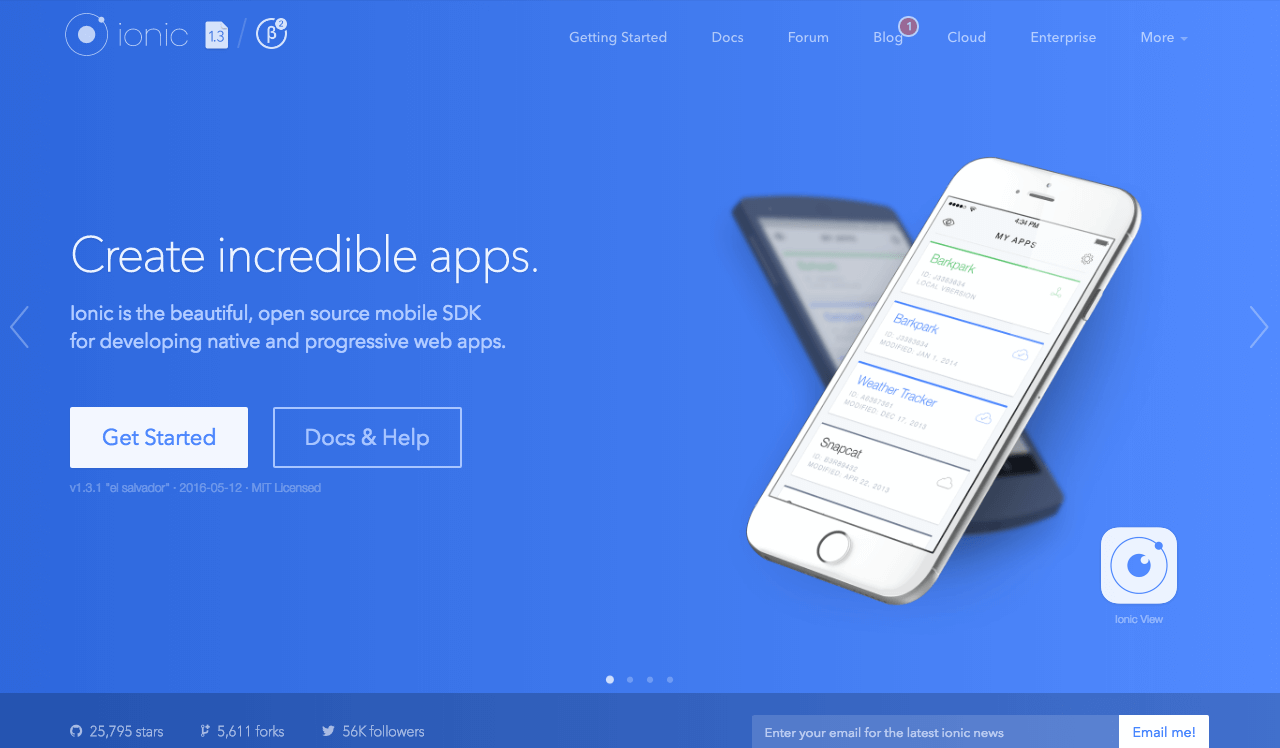
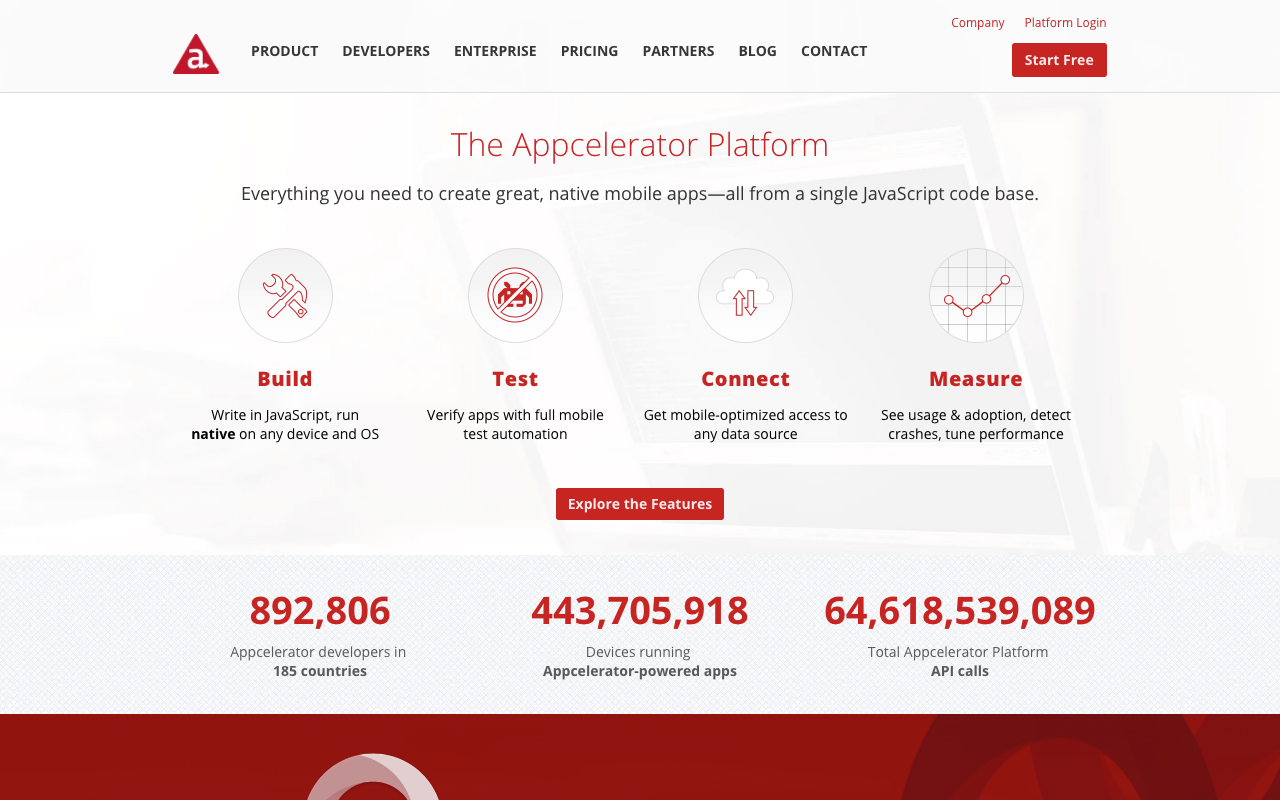
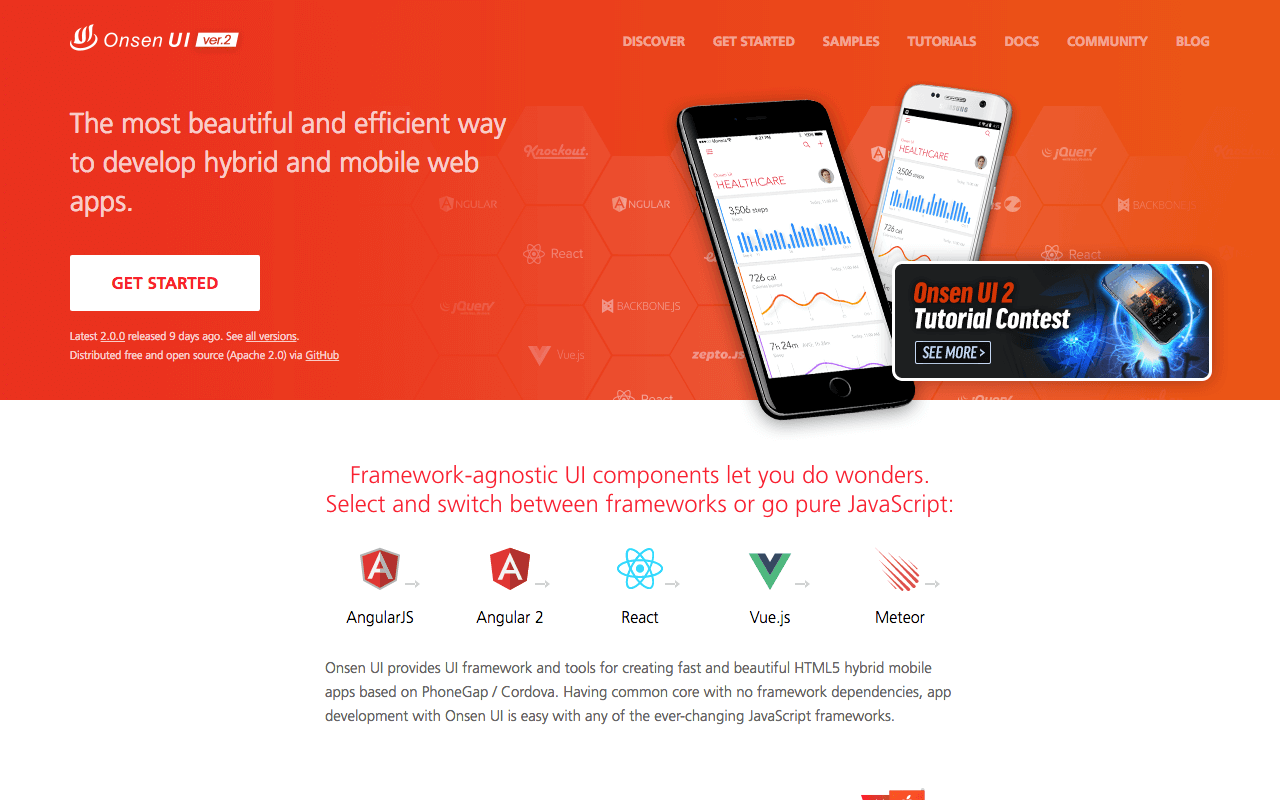
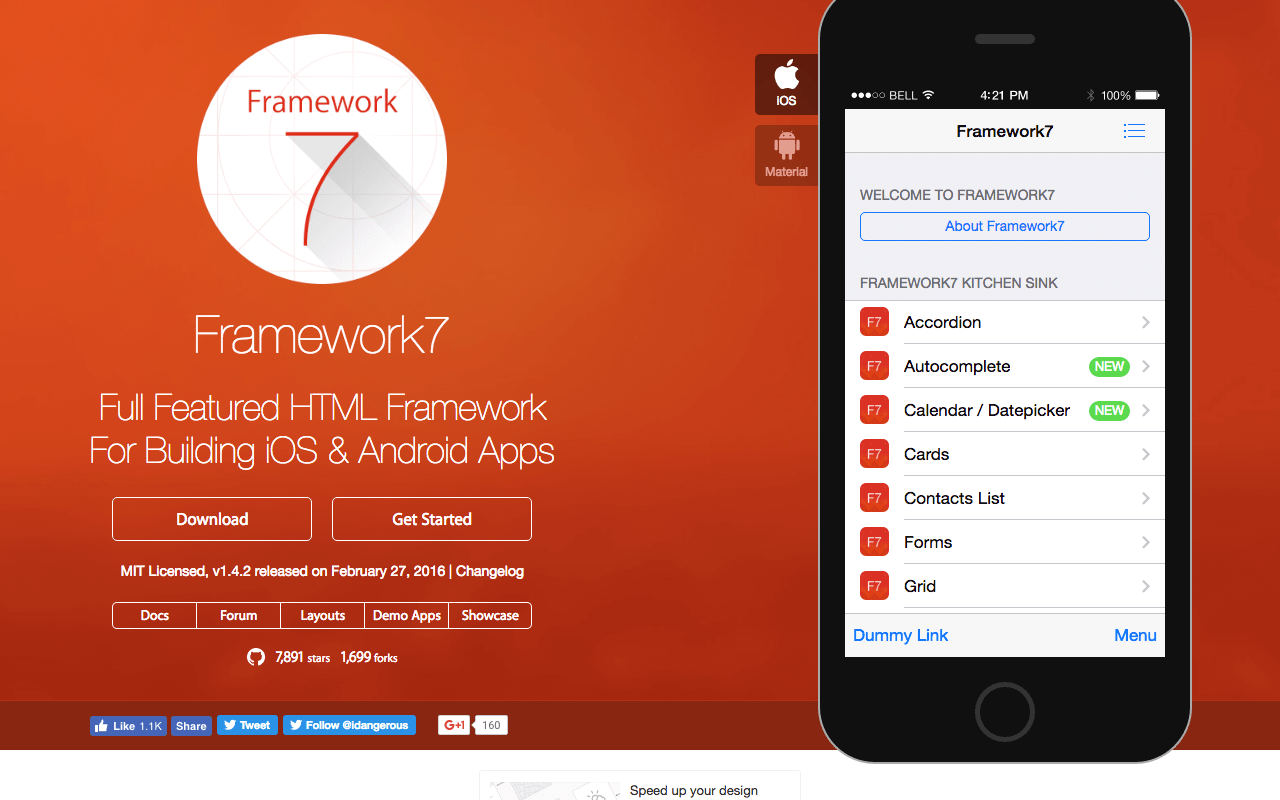
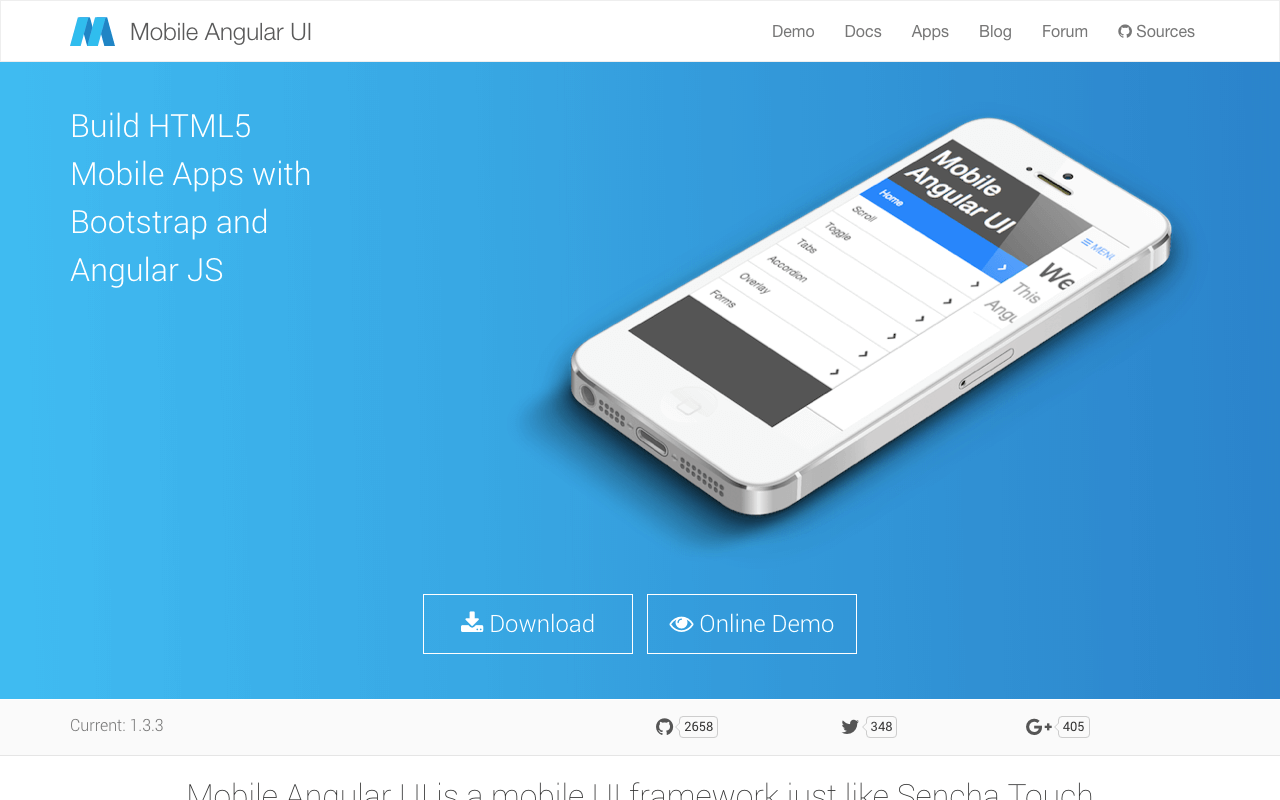


![Turbocharge Your Mobile App with AI: 7 Integration Strategies [Infographic]](https://tamediacdn.techaheadcorp.com/wp-content/uploads/2024/03/16034248/Screenshot-2024-03-28-at-2.30.22%E2%80%AFPM.png)